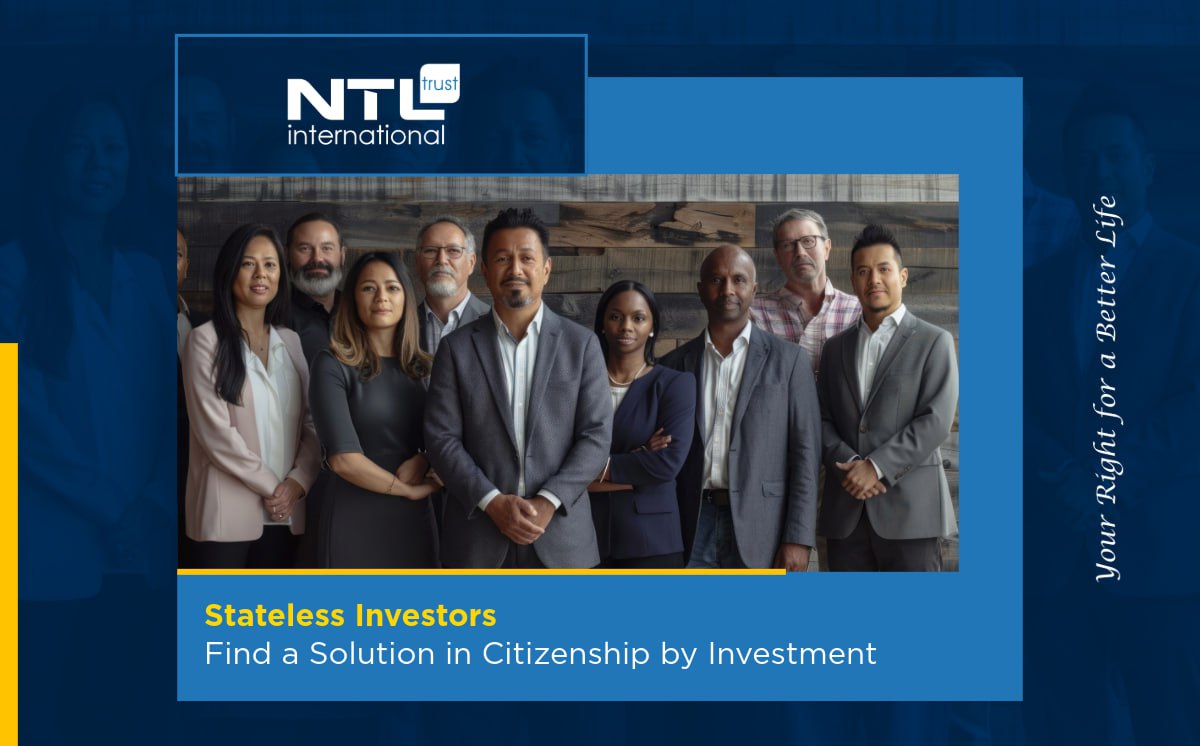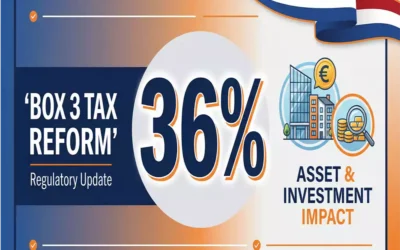
Is it possible for Stateless Investors to have their citizenship, and how can they obtain a second citizenship?
In recent years, a group of investors known as “stateless” have emerged, seeking opportunities to obtain CBI programs. These investors aim to secure a better future for themselves and their families, as second citizenship offers rights and privileges such as freedom of movement, work opportunities, and access to healthcare and education benefits.
Who are the Stateless or the Stateless Investors?
The term “stateless” refers to individuals living in a country without holding official citizenship or recognized legal status. It derives from the phrase “without nationality” and describes individuals considered stateless.
Which Countries Have Stateless Populations?
The stateless population is primarily found in Kuwait, where Stateless Investors make up about 10% of the total population, according to local and international reports. Similar situations exist in other Gulf countries such as Saudi Arabia, the United Arab Emirates, Qatar, Bahrain, and Oman, which face challenges related to people living without legal recognition of their nationality.
What Difficulties Do Stateless Investors Face?
Stateless Investors face numerous daily challenges due to their unstable legal status, including:
- Access to Basic Rights: They may lack certain rights enjoyed by citizens, such as healthcare, education, and adequate housing. Often, these services are available to them only to a limited extent.
- Employment Opportunities: Stateless Investors struggle to find formal employment due to the lack of official documents proving their identity, leading them to rely on unstable and temporary jobs.
- Official Documents: They often lack official identity cards, passports, and birth certificates, complicating daily life and limiting their ability to travel.
- Social Challenges: Their legal status may cause social challenges, affecting their chances of fully integrating into society.
Do Stateless Investors Have Personal Identification Cards?
In Kuwait, the government issues special security cards known as “security cards” to Stateless Investors instead of official identity cards. These security cards provide very limited rights and do not grant the full range of rights enjoyed by Kuwaiti citizens.
Can They Obtain a Second Passport?
Due to their lack of recognized nationality, Stateless Investors face significant difficulties in obtaining a passport. However, some Stateless Investors have managed to obtain citizenship through investment programs offered by certain countries. These programs allow individuals to acquire citizenship and a passport in exchange for financial investments in the host country. Countries such as Saint Kitts and Nevis, Dominica, and Turkey offer such programs. However, these opportunities are often limited and require additional criteria to be met to ensure the eligibility of any stateless investor.
What Percentage of Stateless Investors Have Obtained Citizenship by Investment?
There are no accurate and reliable statistics on the percentage of Stateless Investors who have obtained citizenship by investment for several reasons:
- Lack of Official Data: Countries offering citizenship by investment programs usually do not publish detailed data on the ethnic backgrounds or previous nationalities of investors.
- Confidentiality: Many Stateless Investors who obtain second citizenship prefer to keep this information confidential to protect their privacy and personal security.
- Legal Challenges: Due to their unstable legal status, Stateless Investors may find it difficult to meet the requirements of these programs, which include providing official documents proving identity and nationality.
Despite significant challenges, some Stateless Investors have managed to invest and obtain second citizenship through investment programs offered by certain Caribbean countries. At NTL, we can provide our expertise to stateless investors and assist them in securing a better opportunity and future for their children by obtaining their first passport.
CBI Due Diligence Process for Second Citizenship 2026
CBI Due Diligence Process for Second Citizenship 2026 | NTL International alt="CBI due diligence process for second citizenship application - NTL compliance advisory" width="1400" height="788" loading="eager" Compliance Guide CBI Due Diligence Process for Second...
Top Citizenship by investment Programs in 2026
Top Citizenship by Investment Programs in 2026 | NTL International src="https://ntlinternational.com/wp-content/uploads/2026/02/ntl_top10_cbi__map.webp" alt="World map showing the top citizenship by investment programs ranked by application volume 2026, NTL...





